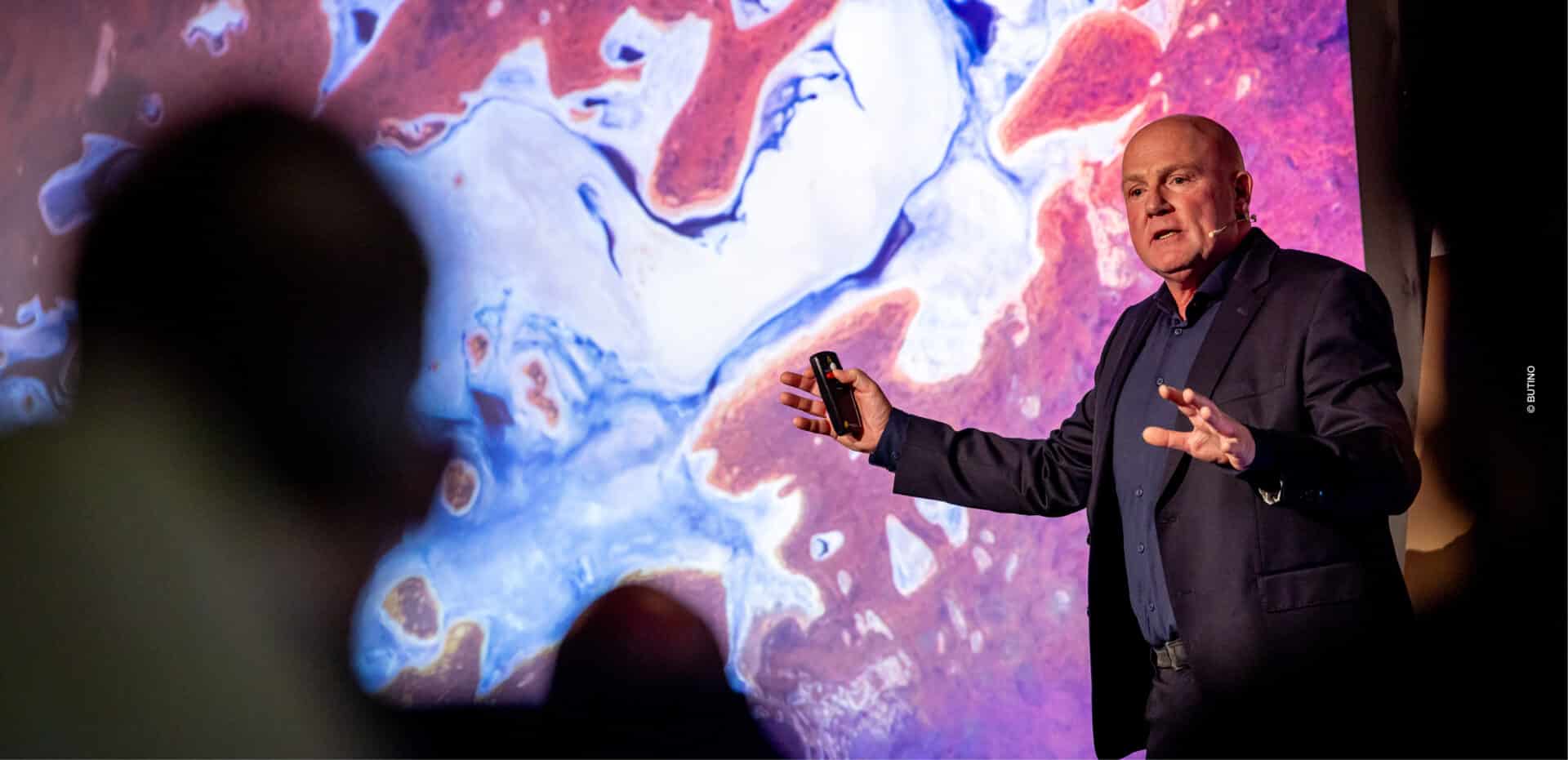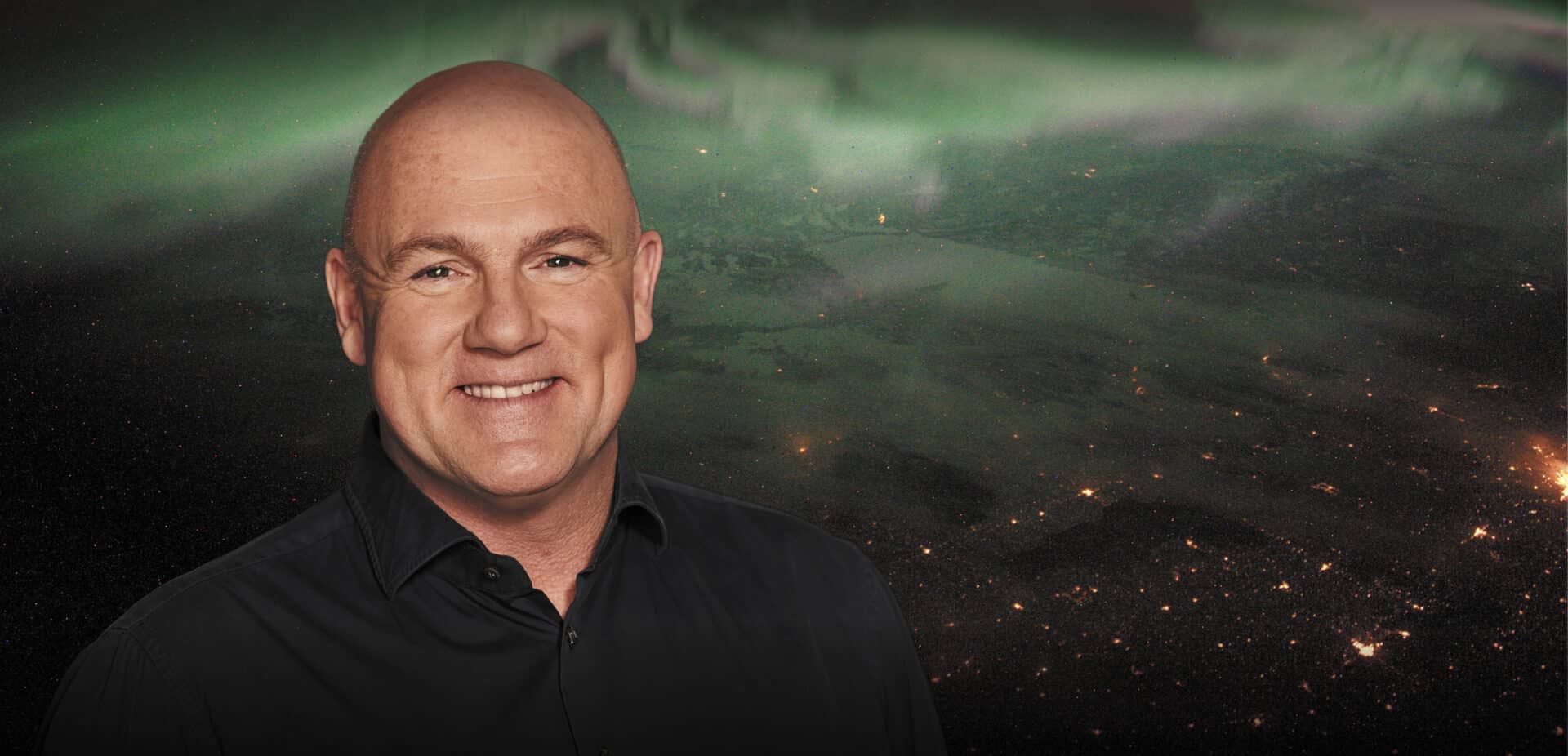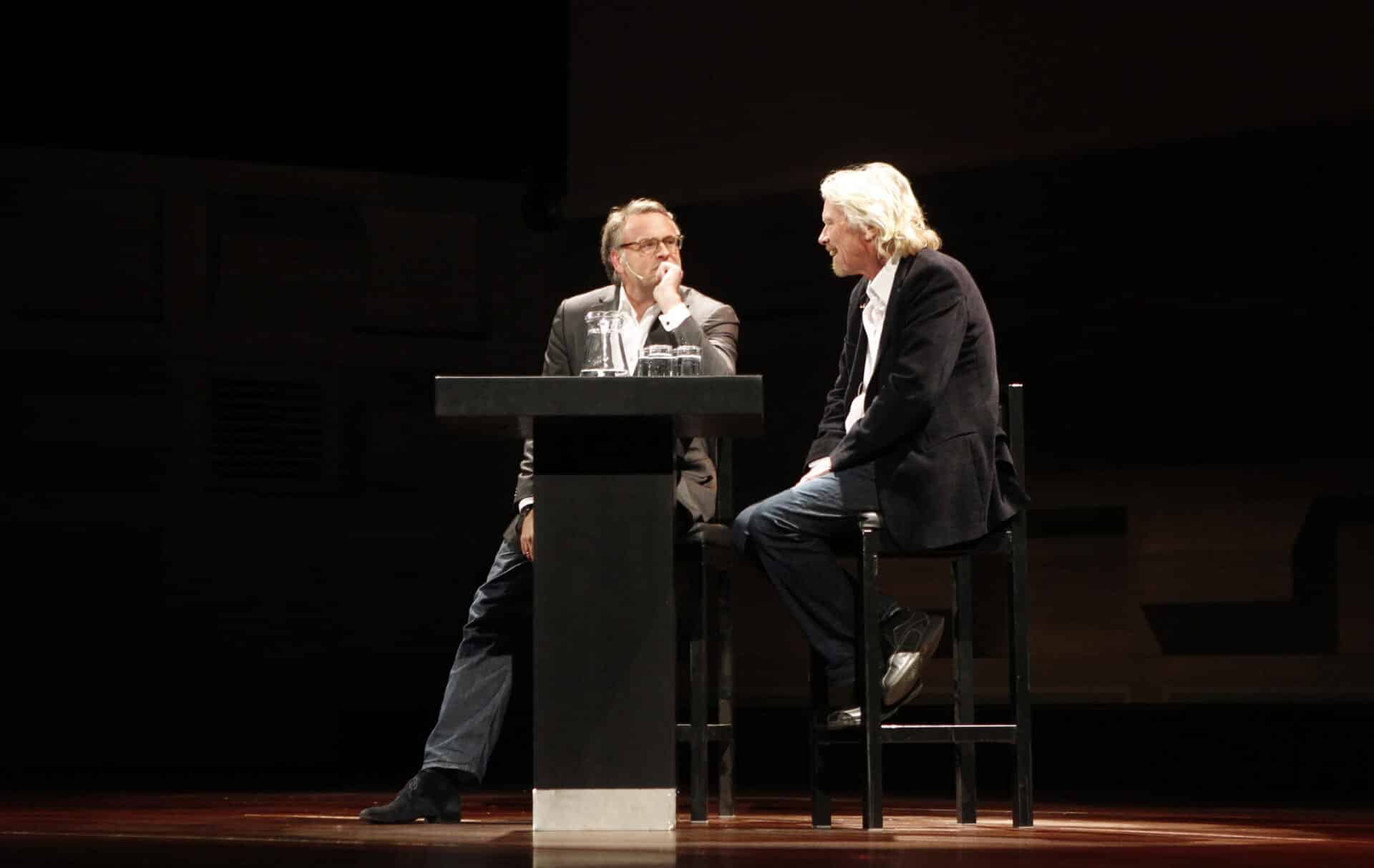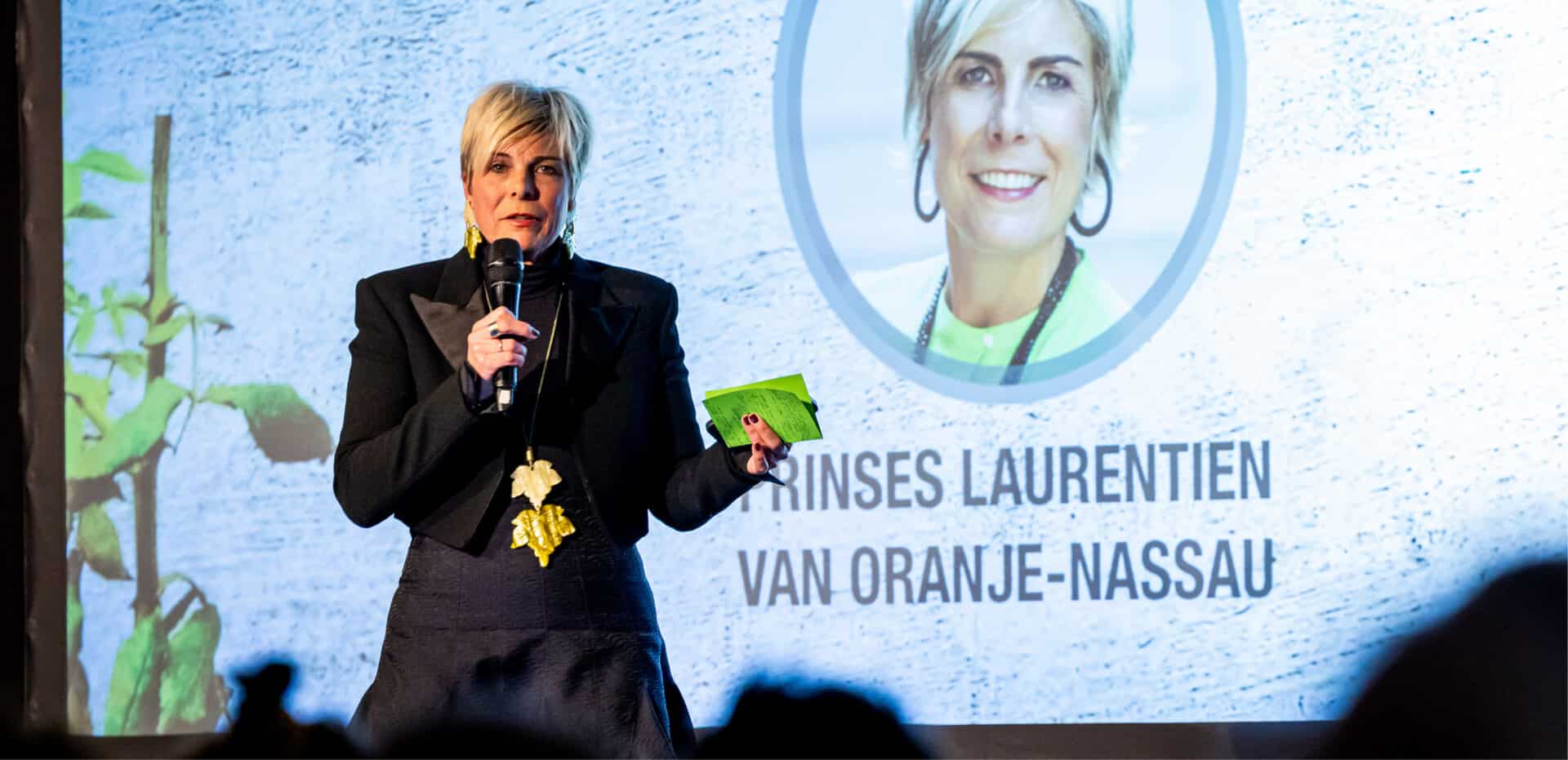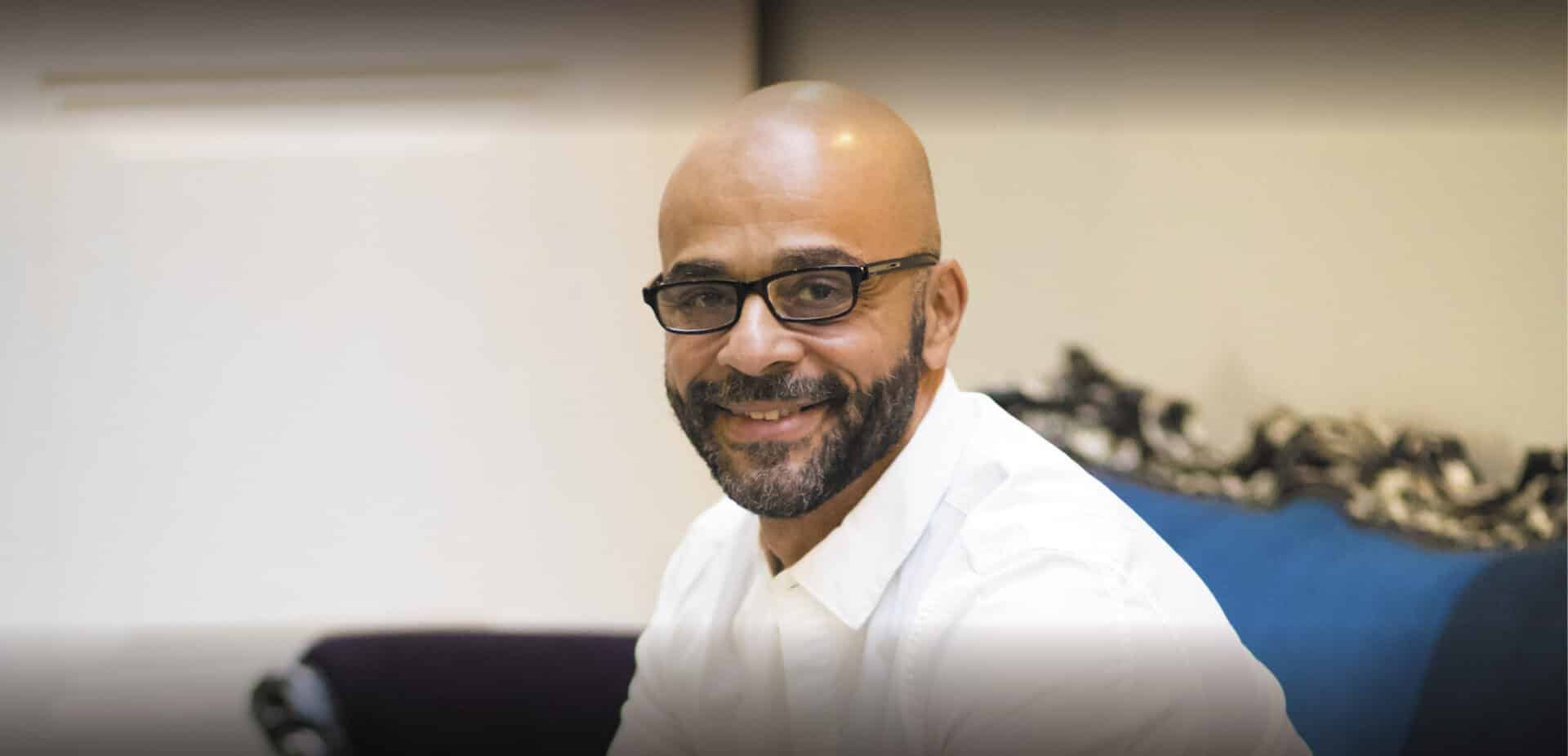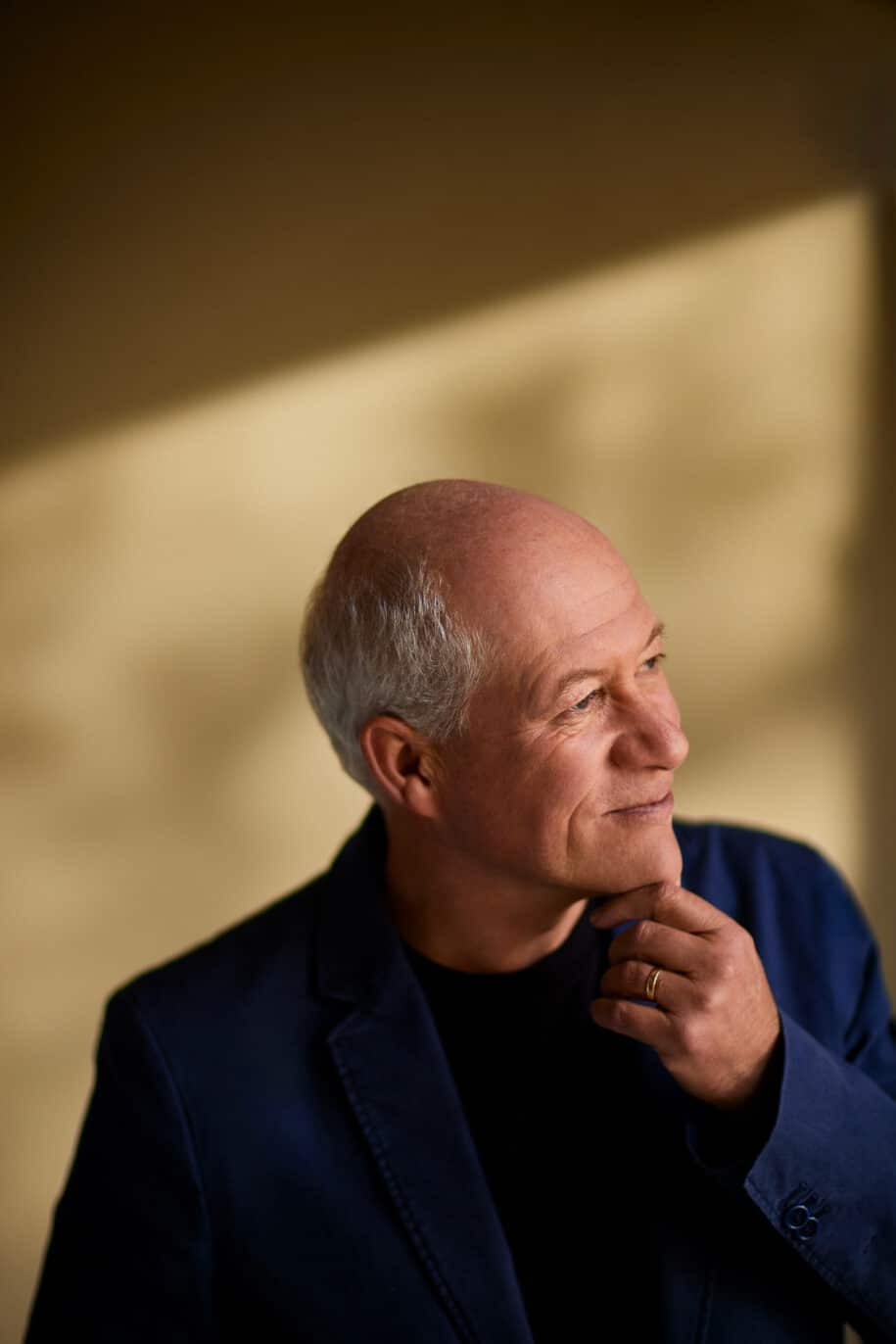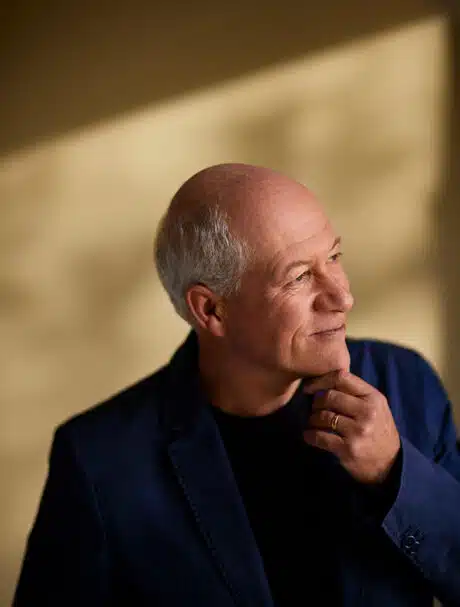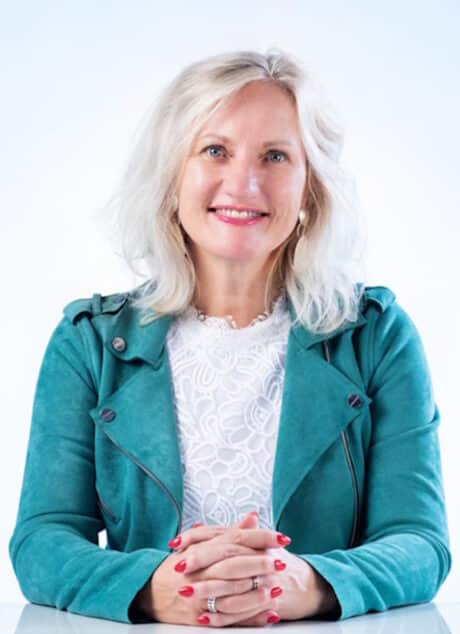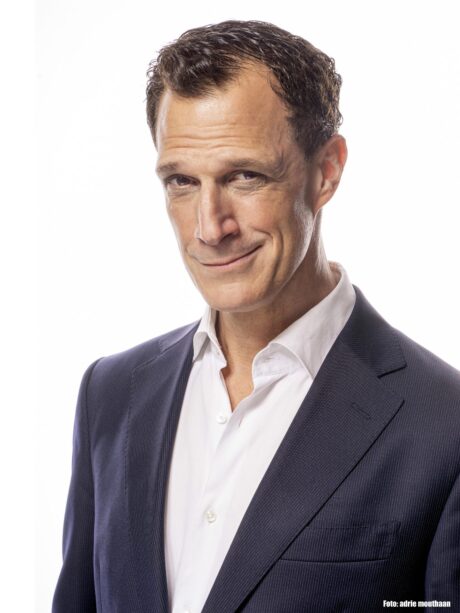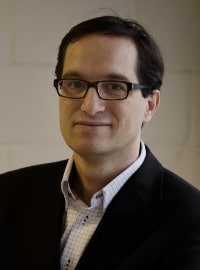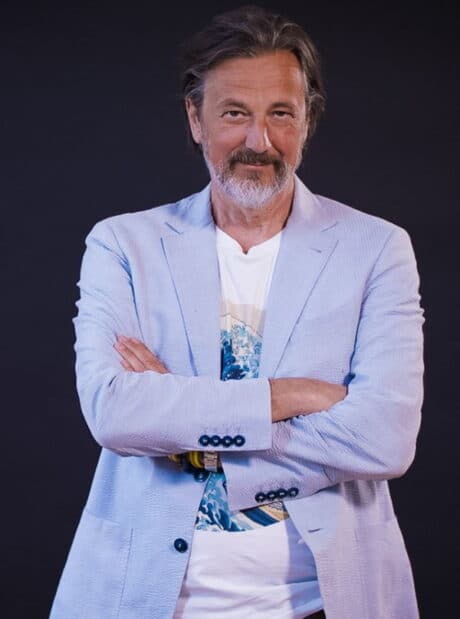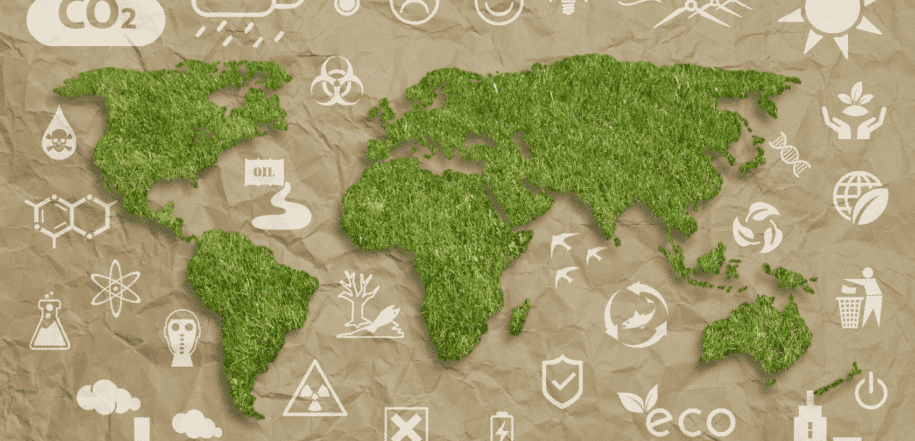
Most requested speakers
All speakersBlogs & videos
All blogs and videosSpeakers Academy News
All news itemsACADEMY® Magazine
Every article published in ACADEMY® International Magazine is a true jewel of craftsmanship. The greatest possible care is given to content, topicality, graphic design and photography. In this extensive glossy interviews with speakers are interspersed with impressions of passionate authorities.
Get our International Magazine on request!
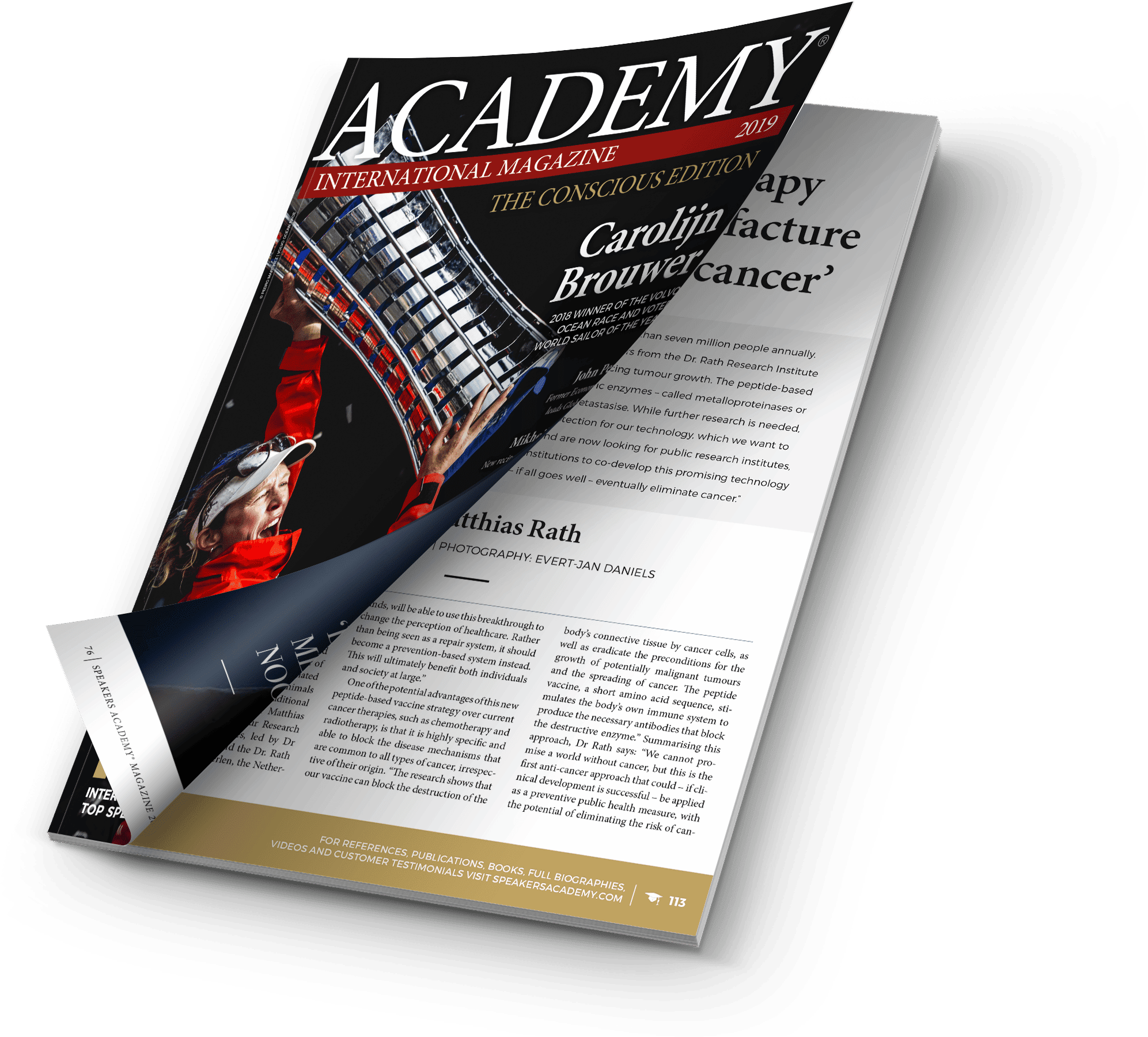
References
All referencesI became the youngest professional speaker through Speakers Academy
"As a 21-year-old, Speakers Academy gave me the opportunity to become the youngest professional speaker in the Netherlands at the time, and that's not the only reason why I remain faithful. Nina, René and the other Speakers Academy members guide requests from A to Z and take care of both me and the client, so that we can focus on creating a wonderful event together."
The team delivers customization with great enthusiasm
Speakers Academy is the cure for fake news. They bring the source to the audience with great enthusiasm. With a lot of enthusiasm, the team delivers tailor-made solutions, which means that they score high in both speakers and organisations. Come and meet the team in person at the Grandspeakers events, that will make you happy. See you then!
We have built a close relationship with Speakers Academy
Speakers Academy, one of the first speakers agency that approached us over 10 years ago. Since then, we have built up a close relationship with the employees at Speakers Academy. The information on the website about Prof. Dr. Margriet Sitskoorn is kept up to date. Here too, mutual contact is of great importance.
Every request is discussed in a pleasant atmosphere. The Speakers Academy team knows exactly which theme is suitable for Prof. Dr. Sitskoorn and in case of doubt there is contact so that you as a client immediately know whether Sitskoorn is the professional speaker for you. Thanks to this team!




